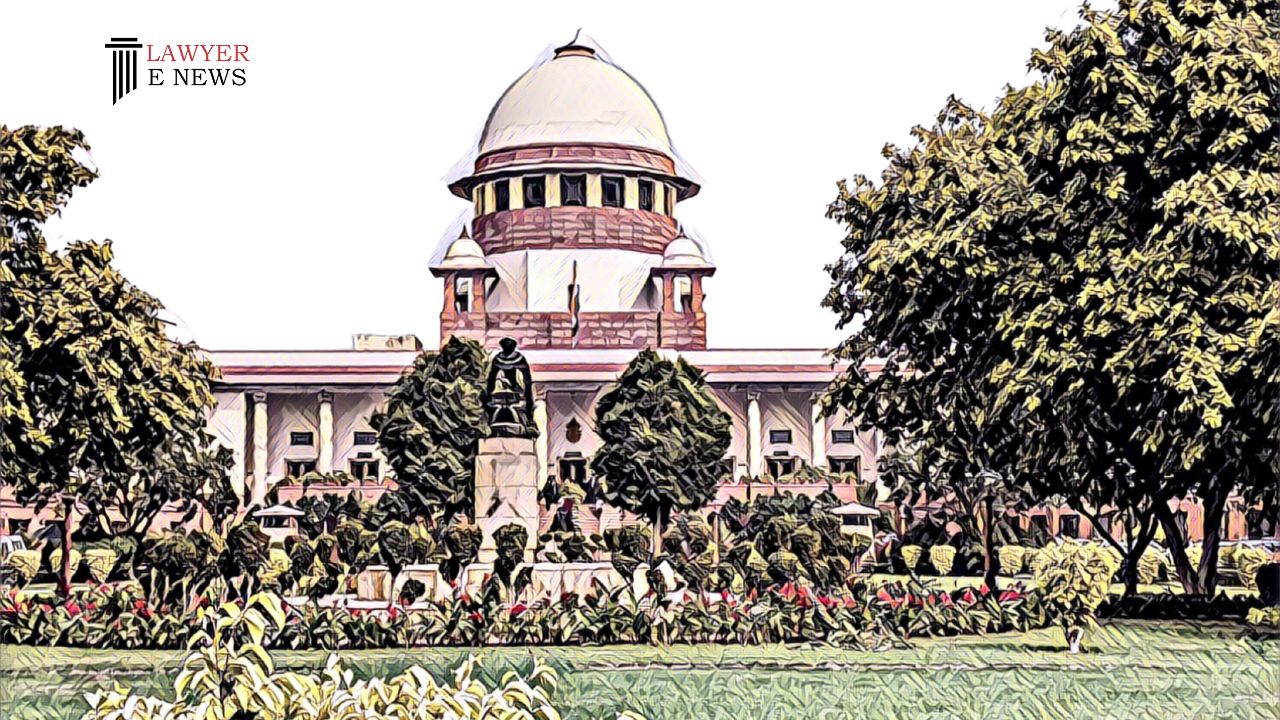-
by Admin
15 February 2026 2:36 AM



The Supreme Court clarified important aspects of juvenile justice, particularly regarding the process and authority of the Juvenile Justice Board (JJB) to decide whether a juvenile should be tried as an adult. The apex court’s judgment emphasized that “dissent without detailed reasoning does not invalidate the decision of the Principal Magistrate whose decision prevails.”
The central legal issue in the case revolved around the authority of the Juvenile Justice Board to determine if a child in conflict with the law (CCL), accused of committing heinous offences, should be tried as an adult or remain within the juvenile system. The question was whether the dissenting opinion of a board member, without detailed reasons, could nullify the majority decision led by the Principal Magistrate.
The case involved a juvenile accused under stringent sections of the IPC and the Protection of Children from Sexual Offences (POCSO) Act. Initially, the Principal Magistrate of the JJB decided that the juvenile should be tried as an adult based on preliminary assessments. However, another board member disagreed but did not provide detailed reasons. This led to a legal challenge on whether the JJB’s decision to try the juvenile as an adult was valid.
Validity of JJB’s Decision: The Supreme Court noted that the Juvenile Justice Act allows the Principal Magistrate’s decision to prevail in case of no majority. It stated, “The dissent by a member of the JJB, lacking a detailed rationale, cannot undermine the reasoned decision of the Principal Magistrate.”
Procedure and Documentation: The court criticized procedural lapses and emphasized the need for better documentation in JJB orders, including recording the names and IDs of members to enhance transparency and accountability.
Jurisdictional Clarity: The apex court provided clarity on the jurisdictional competence between the Children’s Court and the Juvenile Justice Board, directing that both can be used interchangeably depending on the availability and constitution of the respective courts in the district.
Directions Issued – The Supreme Court issued specific directions regarding procedural conduct within juvenile justice proceedings:
Words ‘Children’s Court’ and ‘Court of Sessions’ in the Juvenile Justice (Care and Protection of Children) Act, 2015 and the 2016 Rules shall be read interchangeably, primarily jurisdiction vests in the Children’s Court, however, in the absence of constitution of such Children’s Court in the district, the power to be exercised under the Act is vested with the Court of Sessions.
Decision: The Supreme Court disposed of the appeal by upholding the High Court’s decision that reinstated the trial of the juvenile as an adult. It directed the juvenile justice system to follow procedural protocols strictly and allowed the appellant to challenge the decision within specified timelines.
Date of Decision: May 7, 2024
Child in Conflict with Law through His Mother v. The State of Karnataka and Another
